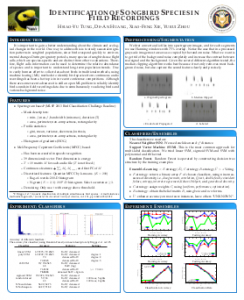Social Cognitive Optimization (SCO): Project Portal
Category : Software
 Social Cognitive Optimization (SCO) [1, 2] is an optimization algorithm for solving the (constrained) numerical optimization problem. SCO is an agent-based model based on the observational learning mechanism in human social cognition. In CGOS [3], SCO was hybridized with differential evolution (DE) to obtain better results than individual algorithms on a common set of benchmark problems.
Social Cognitive Optimization (SCO) [1, 2] is an optimization algorithm for solving the (constrained) numerical optimization problem. SCO is an agent-based model based on the observational learning mechanism in human social cognition. In CGOS [3], SCO was hybridized with differential evolution (DE) to obtain better results than individual algorithms on a common set of benchmark problems.
Related Information: Please find other related code and software in our Source Code Library.
| Basic Description | What’s New | Problem to be solved | Setting Parameters | Output Information | References | Contact |
|---|
License information: SCO is free software; you can redistribute and/or modify it under the terms of Creative Commons Non-Commercial License 3.0.
Problem to be solved: (constrained) numerical optimization problem (NOP), or called the nonlinear programming problem.
System Requirements: SCO is a platform-independent software developed by JAVA version 1.4 or above.
Command line (examples): $ java SCO Problem=<Problem_Name> [NAME=VALUE] …
|
What’s New
|
|---|
Version V1.0.001 [Download | Github]:
It implements the original SCO algorithm [1] & [2].
- Setting parameters: Problem, N, T, NL.
|
Problem to be solved
|
|---|
The problem to be solved is (constrained) numerical optimization problem (NOP), including nonlinear programming problems.
To implement your own problem instance, you need create a JAVA source file, normally placed in the directory problem/unconstrained (if the problem has no constraint) or problem/constrained (if the problem has constraints).
Implementation Tips: 1) all the variable bounds must be specified; 2) any equality constraint should be relaxed by a small tolerance value (e.g., ε=1E-4 for problem.constrained.Michalewicz_G3); and 3) problem.ProblemEncoder and problem.UnconstrainedProblemEncoder are the parental classes of all constrained (e.g., problem.constrained.Michalewicz_G1) and unconstrained (e.g., problem.unconstrained.GoldsteinPrice) problems, respectively.
More detailed description on the problem and implementation can be found here.
|
Setting parameters [NAME=VALUE]
|
|---|
NAME VALUE_type Range Default_Value Description Problem String * <Problem_Name> The problem to be solved //For example: problem.constrained.Michalewicz_G2 is the default value ------------------------------------------------------------------------------------------------------ N integer >5 70 General: The number of agents T integer >1 2000 General: The maximum learning cycles NL integer >1 3*N For the library: The number of Points //The total number of evaluation times is N*T+NL //The program outputs runtime information of the best solution every "Tout" cycles.
|
Output Information
|
|---|
[Parsing information]: provide the parsing information for all input parameters.
[Setting information]: show the information of all setting parameters for the algorithm.
[Runtime information]: The program outputs runtime information, i.e., the evaluation values <Vcon, Vopt> of the best solution, at every “Tout” cycles.
//Vopt: the value of objective function; Vcon: the weighted constraint violation value (≥0): it is not outputted if Vcon≡0 since there is no violation
[Summary information]: At the end, it outputs the input variables, response values, and evaluation values <Vcon, Vopt> of the best solution.
|
References
|
|---|
@InProceedings{Xie:2002p779,
Title = {Social cognitive optimization for nonlinear programming problems},
Author = {Xiao-Feng Xie and Wen-Jun Zhang and Zhi-Lian Yang},
Booktitle = {International Conference on Machine Learning and Cybernetics (ICMLC)},
Year = {2002},
PDF={http://www.wiomax.com/team/xie/paper/ICMLC02A.pdf},
DOI={10.1109/ICMLC.2002.1174487},
Code={http://www.wiomax.com/sco},
Address = {Beijing, China},
Pages = {779--783}
}@InProceedings{Xie:2004p261,
Title = {Solving engineering design problems by social cognitive optimization},
Author = {Xiao-Feng Xie and Wen-Jun Zhang},
Booktitle = {Genetic and Evolutionary Computation Conference (GECCO)},
Year = {2004},
Pages = {261--262},
PDF={http://www.wiomax.com/team/xie/paper/GECCO04_SCO.pdf},
DOI={10.1007/978-3-540-24854-5_27},
Code={http://www.wiomax.com/sco},
Address = {Seattle, WA, USA}
}@Article{xie2014cooperative,
Title = {A cooperative group optimization system},
Author = {Xie, Xiao-Feng and Liu, Jiming and Wang, Zun-Jing},
Journal = {Soft Computing},
Year = {2014},
Number = {3},
Pages = {469--495},
Volume = {18},
PDF={http://www.wiomax.com/team/xie/paper/SOCO14.pdf},
DOI={10.1007/s00500-013-1069-8},
Publisher = {Springer}
}
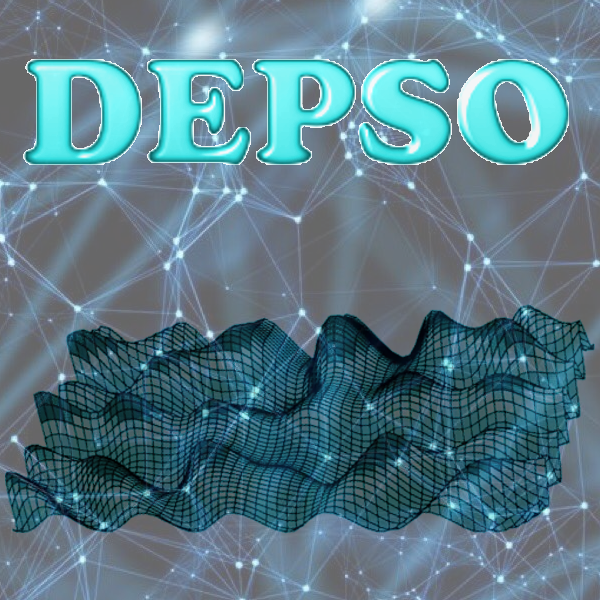
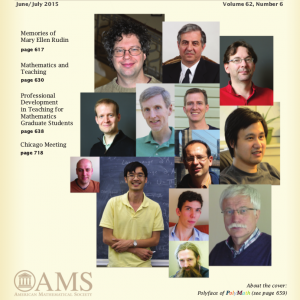
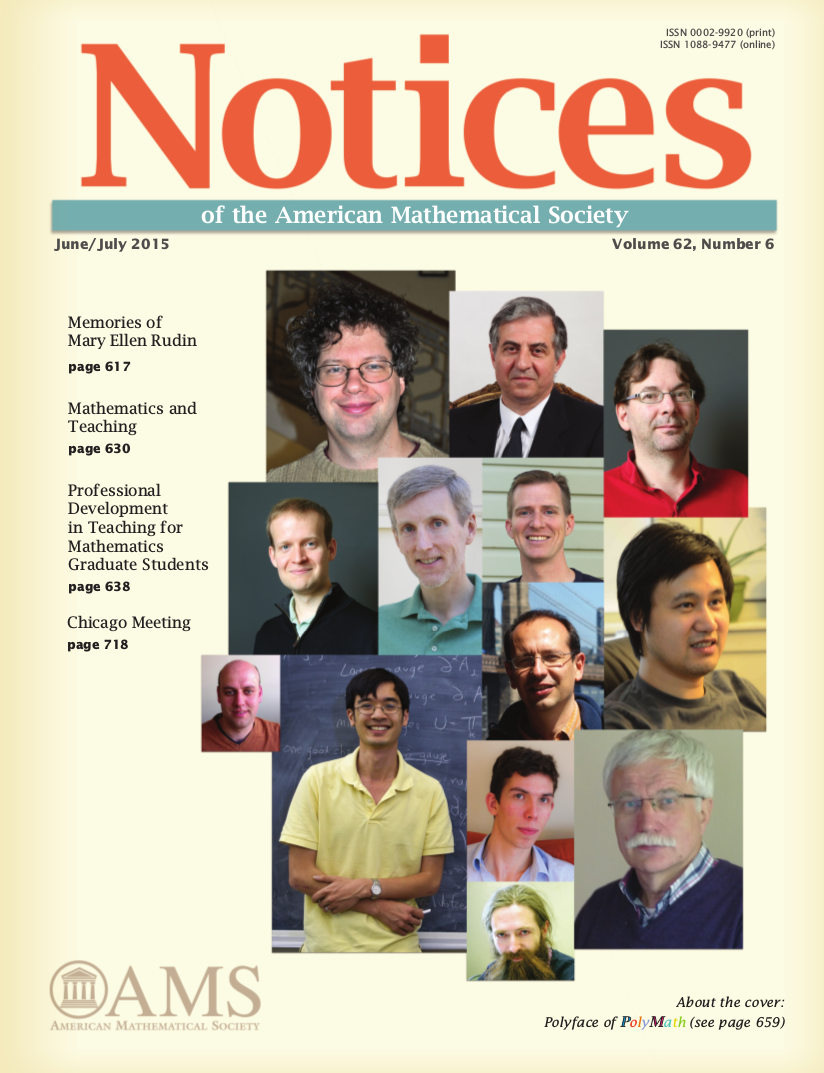
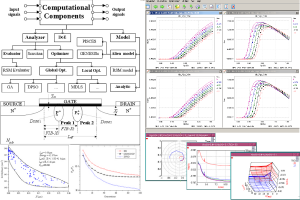 Model Quality Assurance (MQA) is automated and customizable circuit model library validation software for advanced technologies. Unlike the traditional manual scripting methods, MQA enables you to check your circuit model, compare models and generate QA reports in a complete and efficient way. MQA has become the industry standard for circuit model acceptance and signoff and is widely adopted by leading integrated device manufacturers (IDMs), foundries and design houses.
Model Quality Assurance (MQA) is automated and customizable circuit model library validation software for advanced technologies. Unlike the traditional manual scripting methods, MQA enables you to check your circuit model, compare models and generate QA reports in a complete and efficient way. MQA has become the industry standard for circuit model acceptance and signoff and is widely adopted by leading integrated device manufacturers (IDMs), foundries and design houses.